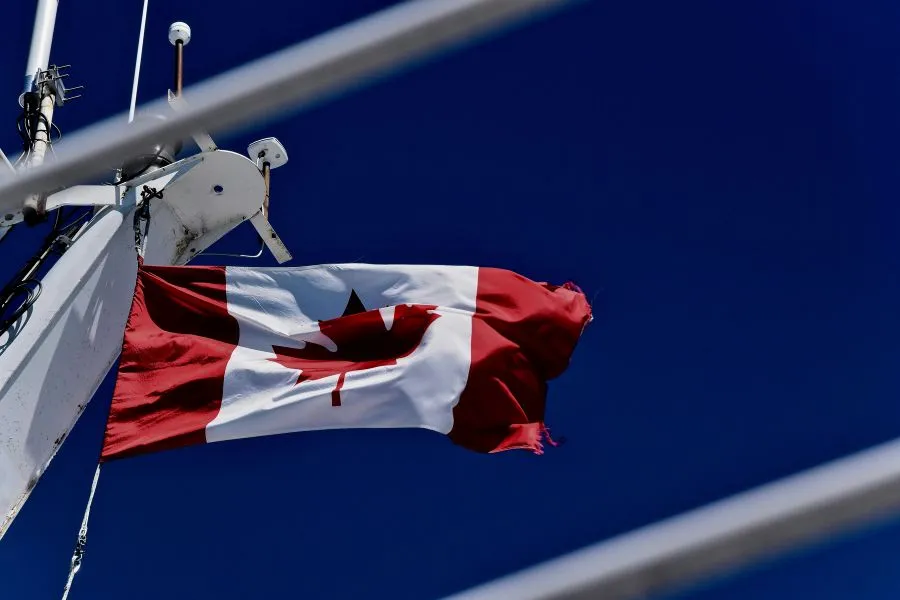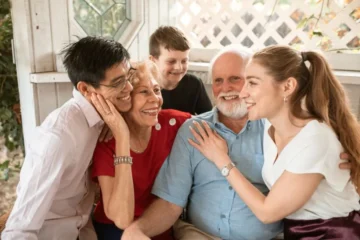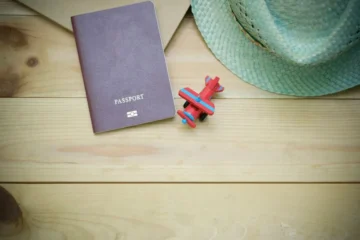Canada is reopening its Parents and Grandparents Program (PGP) on July 28, 2025, with Immigration, Refugees and Citizenship Canada (IRCC) set to invite around 17,860 potential sponsors to apply, aiming for 10,000 complete applications.
But only those who submitted an “interest to sponsor” form back in 2020 are eligible for this round. This article breaks down who qualifies, the legal and income requirements, how to proceed once invited, and what to do if you’re not among the chosen, including considering the Super Visa, which offers extended stay options for family members. If you applied in 2020, now’s the time to double-check your email inbox—and get your documents ready.
Key Takeaways
When Will the 2025 Invitations Be Sent Out?
Canada is reopening its doors—at least a little—under the Parents and Grandparents Program (PGP) starting July 28, 2025. That’s when Immigration, Refugees and Citizenship Canada (IRCC) will begin sending out invitations to apply (ITAs) to lucky sponsors who submitted an “interest to sponsor” form way back in 2020. Yes, this isn’t a fresh application round, and no, there’s no new form to fill out this year. If you missed the 2020 window, you’ll have to sit this one out (or scroll down for an alternative).
The invitations will be rolled out over two weeks, so if you’re in the pool from 2020, please check your email compulsively from July 28 through to mid-August. And don’t forget your spam folder. A missed email could mean a missed chance to reunite your family, and IRCC doesn’t send out second chances just because you overlooked your inbox.
Who Is Eligible for a PGP 2025 Invitation?
Let’s make this clear: PGP 2025 is not open to new applicants. Only those who submitted their interest in sponsor forms in 2020 are being considered. If you didn’t toss your name in the hat back then, IRCC won’t be picking you this year, regardless of how ready or enthusiastic you are now.
Also Read: Why Quebec Is Capping Spouse and Child Sponsorships Until 2026
This selection method is part of an ongoing effort to chip away at the enormous backlog created by earlier interest forms. While this may frustrate many potential sponsors, it’s also a way for IRCC to manage expectations and avoid the chaos of another open intake. So, if you’re eligible, now’s the time to sit tight and keep your documents ready. If you’re not, there are still other pathways (more on that shortly).
How Many Invitations Will Be Issued?
Canada is aiming for 10,000 fully completed applications under the PGP in 2025. But because IRCC knows from experience that not everyone who’s invited will follow through, they’re planning to send around 17,860 invitations to reach that goal.
This cushion allows for non-responses, incomplete submissions, and disqualified applications. It also makes the odds better for people who’ve been in the 2020 pool but never got their chance—until now. So, if you’ve been waiting for years and still haven’t heard from IRCC, this could finally be your moment.
What Are the Financial and Legal Requirements for Sponsors?
Getting an invitation is just one part of the process. To sponsor your parents or grandparents, you need to meet a few strict requirements, starting with the Minimum Necessary Income (MNI). This income threshold is calculated based on your family size and must be met for the past three tax years preceding your application.
Sponsors must also be either a Canadian citizen, a permanent resident, or a registered Indian under the Canadian Indian Act. You’ll need to provide your Notice of Assessment from the CRA as proof that you’ve earned enough to support not only your current household but also the relatives you plan to sponsor. If your finances are tight, this might be where your application stumbles.

The intent behind these rules is simple: IRCC wants to ensure sponsored family members won’t end up relying on public assistance. So, before you get too excited about your ITA, double-check that your income is where it needs to be.
What Happens After You Receive an Invitation?
So, you got the ITA. What now? First, don’t celebrate too long—you’ll need to apply quickly using either the Permanent Residence Portal or the Representative Portal if you’re working with a licensed immigration consultant.
What you’ll need includes:
- Your income documentation (for at least the past 3 years)
- Identity documents for you and the relatives you’re sponsoring
- Signed forms, including the Undertaking to support them financially
- Medical exam info, police clearances, and biometrics (down the line)
IRCC expects complete applications, and with demand this high, you won’t get a second chance to tidy up mistakes. Once submitted, processing times can vary, but at least you’ll be in the system, unlike those who never received an invitation in the first place.
What If You’re Not Invited in 2025?
Let’s be real: with nearly 18,000 invitations going out for just 10,000 spots, plenty of people still won’t get their lucky email. If that’s you, it’s not the end of the road. Enter: the Super Visa.
This long-term visitor visa allows parents and grandparents of Canadian citizens and permanent residents to stay in Canada for up to five years at a time, with multiple entries over a year. Even better, extensions of up to two more years are possible, making it one of the most generous family visit visas globally.
Yes, it comes with its requirements, including medical insurance and proof of financial support. But if reunification is your priority and you’re tired of waiting, the Super Visa is the next best option—and it’s available now, not in 2026.
How to Prepare Now If You Applied in 2020
If you’re in the 2020 interest pool, preparation is your best friend right now. First things first: check your inbox (and yes, your spam folder) regularly from July 28 through mid-August. That one missed email could cost you a chance you’ve waited years for.
Also Read: How Much Does a Canadian Student Visa Cost in 2025?
Next, gather your documents early, especially your income proofs and identification documents. If you’re not sure whether you meet the MNI or have doubts about any part of the application, speak with a licensed immigration consultant or legal expert before the ITA arrives. Don’t leave things to the last minute or try to “figure it out” after you’ve already been invited.
The volume of applications is massive, and IRCC won’t be sending follow-up emails to fix missing paperwork. So, if you’re eligible, stay ready—and if you’re not, explore the Super Visa route or consider applying under the PGP in future years (if IRCC opens new interest submissions).





